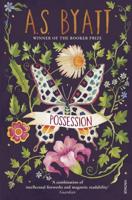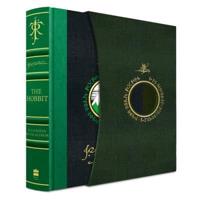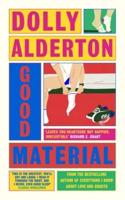Publisher's Synopsis
The Country of the Pointed Firs is an 1896 story sequence by Sarah Orne Jewett which is considered by some literary critics to be her finest work. Henry James described it as her "beautiful little quantum of achievement." Ursula K. Le Guin praises its "quietly powerful rhythms."Because it is loosely structured, many critics view the book not as a novel, but a series of sketches; however, its structure is unified through both setting and theme. The novel can be read as a study of the effects of isolation and hardship experienced by the inhabitants of the decaying fishing villages along the Maine coast. Sarah Orne Jewett, who wrote the book when she was 47, was largely responsible for popularizing the regionalism genre with her sketches of the fictional Maine fishing village of Dunnet Landing. Like Jewett, the narrator is a woman, a writer, unattached, genteel in demeanor, intermittently feisty and zealously protective of her time to write. The narrator removes herself from her landlady's company and writes in an empty schoolhouse, but she also continues to spend a great deal of time with Mrs. Todd, befriending her hostess and her hostess's family and friends The Country of the Pointed Firs was serialized in the January, March, July, and September 1896 issues of The Atlantic Monthly. Sarah Orne Jewett subsequently expanded and revised the text and added titles for the chapters. The novel was then published in book form in Boston and New York by Houghton, Mifflin and Company in November 1896.










